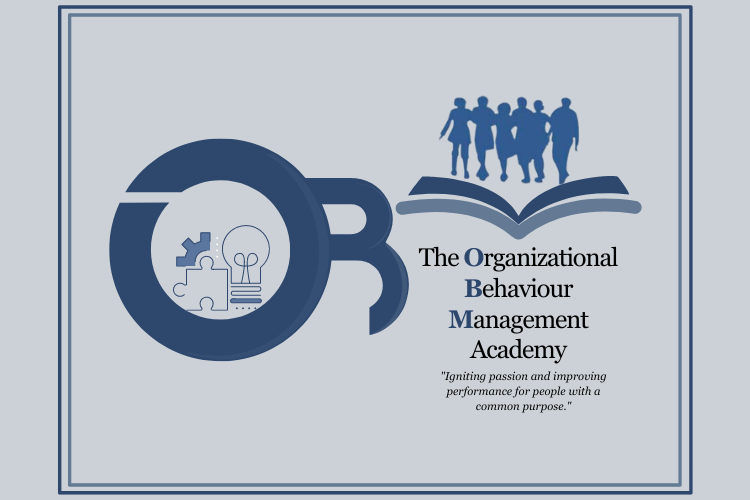Skinner's Radical Behaviorism approach demonstrates the powerful influence of reinforcement and punishment on individual, group, and organizational behaviour, encouraging us to adopt a new perspective on behaviour.
Operant conditioning involves the relationship between the antecedent (A) and behaviour (B), shaped by the consequence (C). This relationship is defined by the ABC contingency or stimulus-response-stimulus (S-R-S) acronym. Every antecedent or setting event elicits responses that constitute behaviour. This behaviour's future increase or decrease depends on how another stimulus reinforces it, which constitutes the SRS or ABC contingency. This process continues as the consequence becomes a stimulus for another response.
Consequences, whether in the form of reinforcement or punishment, play a pivotal role in shaping behaviour. Reinforcement increases the likelihood of a behaviour's recurrence, while punishment decreases it. If our goal is to encourage a specific behavior, we apply reinforcement. Conversely, challenging or socially unacceptable behaviour is reduced through punishment methods like reprimands or overcorrection.
Consequences play a crucial role in contributing to the creation of a culture. The Latin root of "culture" (culture) means "growing" or "cultivating." Likewise, consequences, through their fixed and variable presentations, mould a culture, whether in the faculties of the mind or the behaviour and responses that comprise it. The dynamic and repetitive pattern of the SRS or ABC contingency, as reinforced by consequences, may be responsible for nurturing a culture.
Applying the concept of consequences to Organizational Behavior Management (OBM), a sub-area of Applied Behavior Analysis (ABA), can lead to positive organizational change. For instance, reinforcing good employee performance through tokens and social praise fosters a culture of growth and positive change. Prioritizing positive reinforcement as a consequence over reprimands can prevent uneven growth, negative emotions, and a culture of fear within organizations. Therefore, emphasizing investment in positive reinforcement as a consequence is crucial for creating a thriving work culture.
The term 'radical' in Skinner's school of thought does not connote violence or destructiveness but thoroughness and responsiveness. To be 'radical' means to embrace change and commit to a series of actions through a continuous chain of responses. Understanding this fundamental aspect of Skinner's radical behaviourist approach equips us with valuable knowledge and insight. Knowing more about operant conditioning is the best way to comprehend the approach.
Operant conditioning involves the relationship between the antecedent (A) and behaviour (B), shaped by the consequence (C). This relationship is defined by the ABC contingency or stimulus-response-stimulus (S-R-S) acronym. Every antecedent or setting event elicits responses that constitute behaviour. This behaviour's future increase or decrease depends on how another stimulus reinforces it, which constitutes the SRS or ABC contingency. This process continues as the consequence becomes a stimulus for another response.
Consequences, whether in the form of reinforcement or punishment, play a pivotal role in shaping behaviour. Reinforcement increases the likelihood of a behaviour's recurrence, while punishment decreases it. If our goal is to encourage a specific behavior, we apply reinforcement. Conversely, challenging or socially unacceptable behaviour is reduced through punishment methods like reprimands or overcorrection.
Consequences play a crucial role in contributing to the creation of a culture. The Latin root of "culture" (culture) means "growing" or "cultivating." Likewise, consequences, through their fixed and variable presentations, mould a culture, whether in the faculties of the mind or the behaviour and responses that comprise it. The dynamic and repetitive pattern of the SRS or ABC contingency, as reinforced by consequences, may be responsible for nurturing a culture.
Applying the concept of consequences to Organizational Behavior Management (OBM), a sub-area of Applied Behavior Analysis (ABA), can lead to positive organizational change. For instance, reinforcing good employee performance through tokens and social praise fosters a culture of growth and positive change. Prioritizing positive reinforcement as a consequence over reprimands can prevent uneven growth, negative emotions, and a culture of fear within organizations. Therefore, emphasizing investment in positive reinforcement as a consequence is crucial for creating a thriving work culture.
